APIcalypse Now: Akamai CSO warns of surging attacks and backdoored open source components
Akamai has warned that apps and APIs are bearing the brunt as threat actors pivot to living off the land

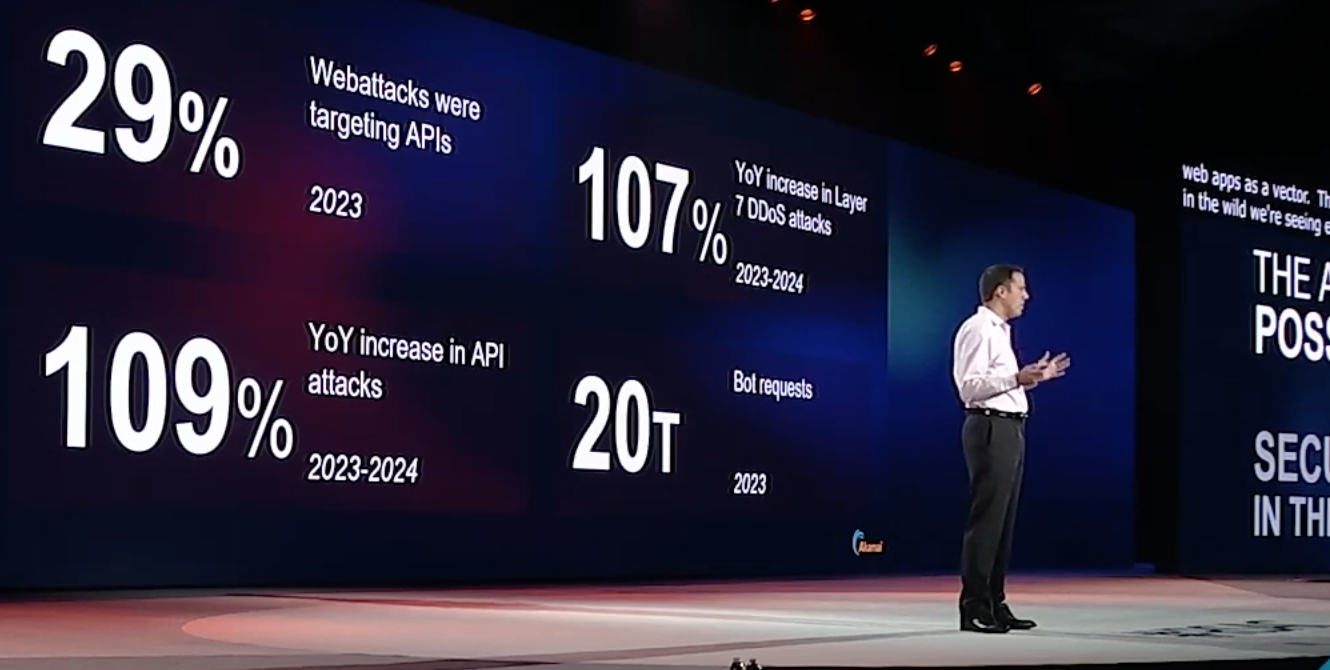
In a hard-hitting keynote at this year’s RSA Conference, Boaz Gelbord, senior vice president and CSO at Akamai, sounded the alarm over the rising tide of attacks targeting applications and their underlying infrastructure.
Threat actors are increasingly leveraging legitimate tools and components within organizations to carry out their nefarious activities, a tactic known as "living off the land," Gelbord warned.
Citing Akamai's latest threat intelligence data, Gelbord revealed a staggering 48% year-on-year increase in web attacks, with 29% targeting APIs. Even more alarming was the 109% surge in API attacks, a trend Gelbord attributed to the challenges of inventorying and securing these critical interfaces.
"It's hard to inventory APIs. You kind of know what your public-facing websites are, and probably have processes internally for setting those up. You know, they're customer-facing or they're user-facing,” he said.
“It's harder for an organization to even know what all of its APIs are that are out there. And it's harder to secure them."
Gelbord also highlighted the risk posed by compromised open source components, citing the recent XZ utils vulnerability as a turning point. In this case, a widely used open source utility had been hijacked by a malicious entity, enabling remote code execution.
"This is probably the most stunning example of how those types of utilities can pose risks," Gelbord warned.
Sign up today and you will receive a free copy of our Future Focus 2025 report - the leading guidance on AI, cybersecurity and other IT challenges as per 700+ senior executives
"Luckily, there was an eagle-eyed engineer over, I think, at Microsoft who spotted this and saw some performance differences and how this utility was performing and managed to kind of alert folks before this got out into general distribution, but we don't know how many more of those are out there lurking in the wild."
Gelbord emphasized the importance of organizations adopting a risk-based approach to secure their applications, advocating for a strong understanding of how their threat models align with the various components of their applications, from code to infrastructure.
He also underscored the criticality of multivendor interoperability and the integration of compliance efforts with technical security programs.
RELATED WHITEPAPER

Concluding his keynote, Gelbord stressed the transformative potential of AI in reshaping security models, particularly in areas like identity, user authorization, security operations, and monitoring.
"AI is going to fundamentally change a lot of pieces of our overall security model,” he said.
“The most obvious spaces, which we mentioned earlier, are identity and user authorization. This is moving very fast, but also in different places like how we do our security operations and how we do our security monitoring.”
Rene Millman is a freelance writer and broadcaster who covers cybersecurity, AI, IoT, and the cloud. He also works as a contributing analyst at GigaOm and has previously worked as an analyst for Gartner covering the infrastructure market. He has made numerous television appearances to give his views and expertise on technology trends and companies that affect and shape our lives. You can follow Rene Millman on Twitter.
-
 RSAC in focus: Key takeaways for CISOs
RSAC in focus: Key takeaways for CISOsThe RSAC Conference 2025 spotlighted pivotal advancements in agentic AI, identity security, and collaborative defense strategies, shaping the evolving mandate for CISOs.
-
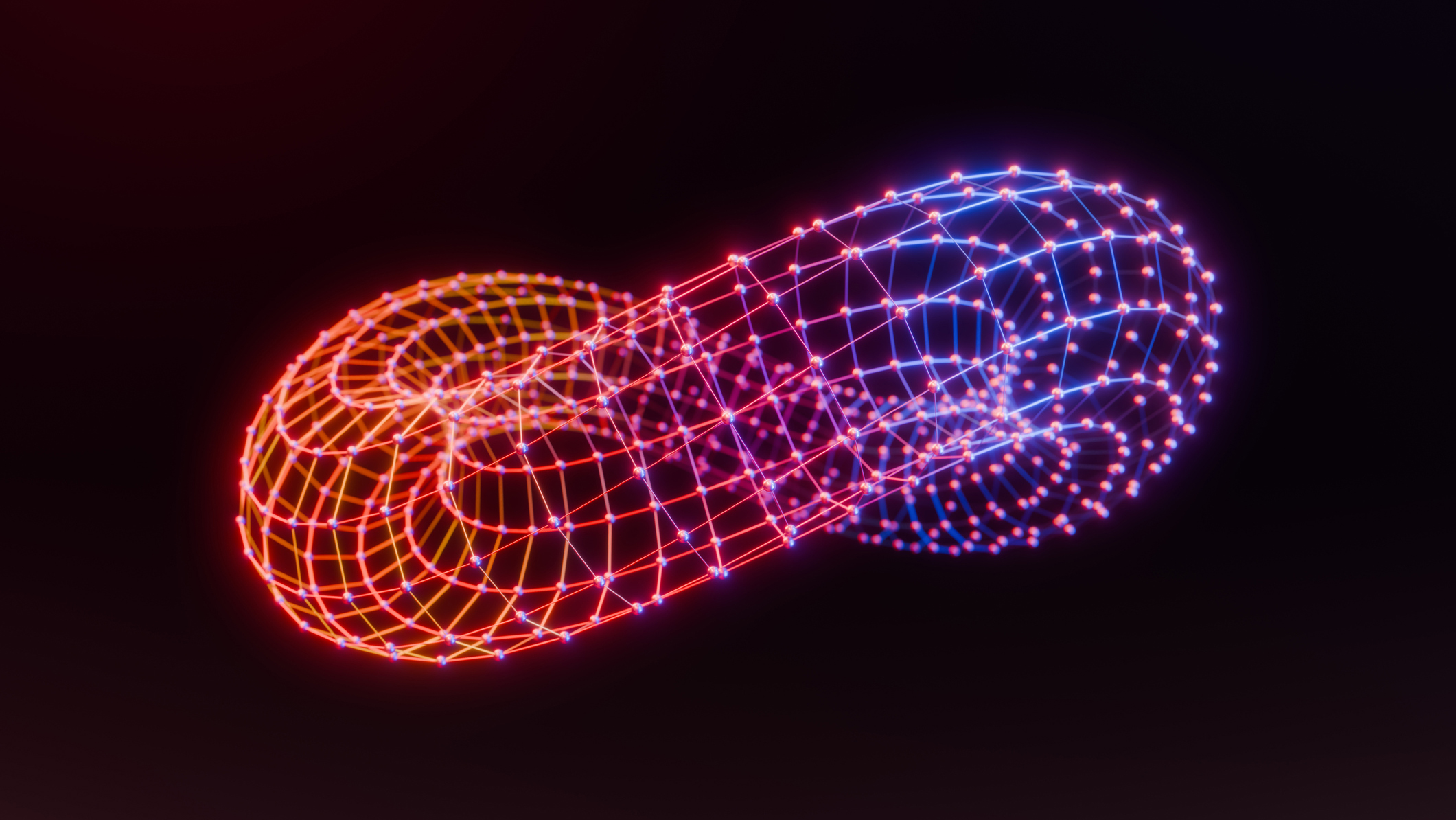 RSAC in focus: Quantum computing and security
RSAC in focus: Quantum computing and securityExperts at RSAC 2025 emphasize the need for urgent action to secure data against future cryptographic risks posed by quantum computing
-
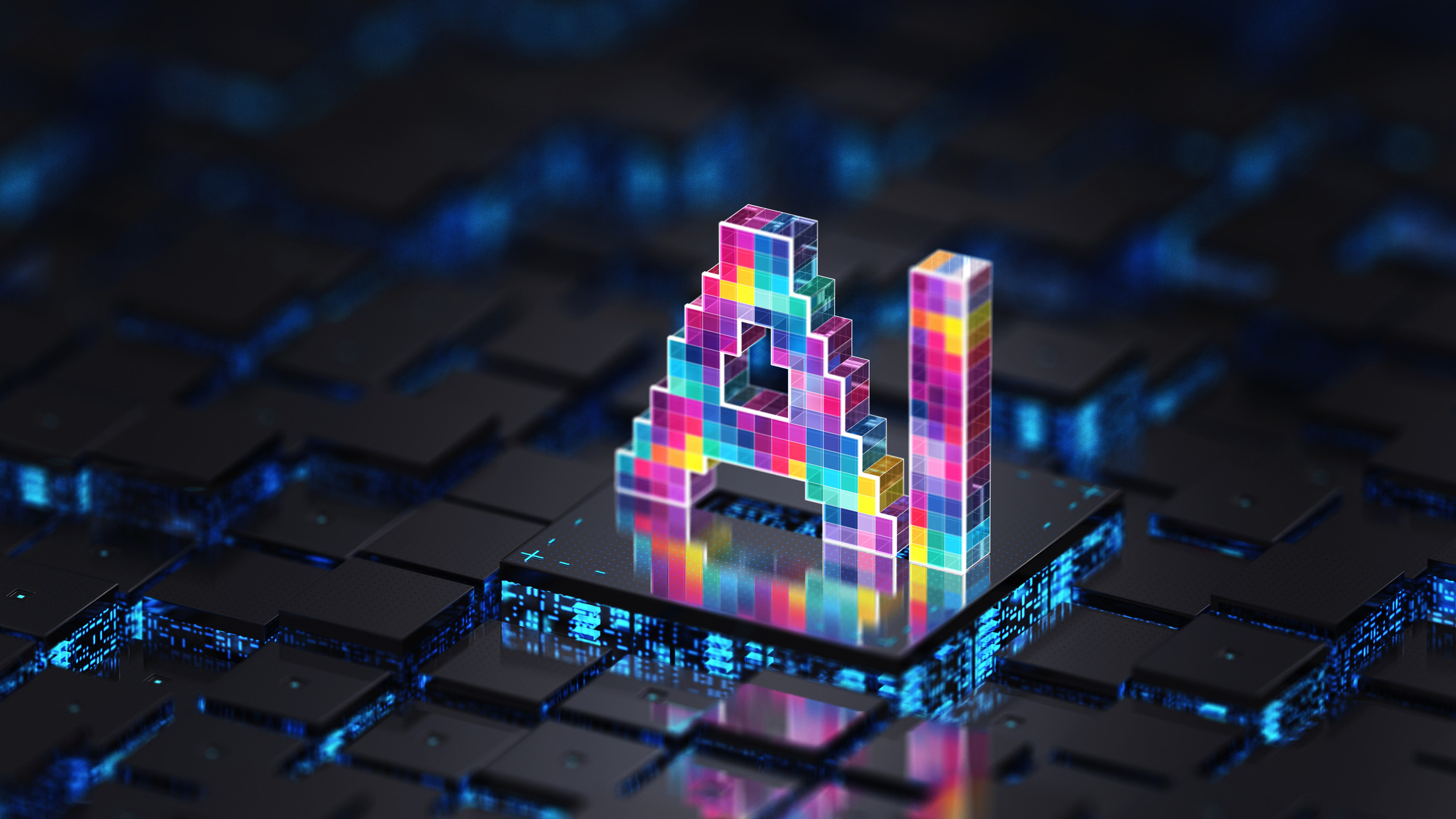 RSAC in focus: How AI is improving cybersecurity
RSAC in focus: How AI is improving cybersecurityAI is revolutionizing cybersecurity by enhancing threat detection, automating defenses, and letting IT professionals tackle evolving digital challenges.
-
 RSAC in focus: Collaboration in cybersecurity
RSAC in focus: Collaboration in cybersecurityExperts at RSA Conference 2025 emphasised that collaboration across sectors and shared intelligence are pivotal to addressing the evolving challenges of cybersecurity.
-
 RSAC in focus: Considerations and possibilities for the remainder of 2025
RSAC in focus: Considerations and possibilities for the remainder of 2025As 2025 unfolds, RSAC explores the pivotal considerations and emerging possibilities shaping the cybersecurity landscape
-
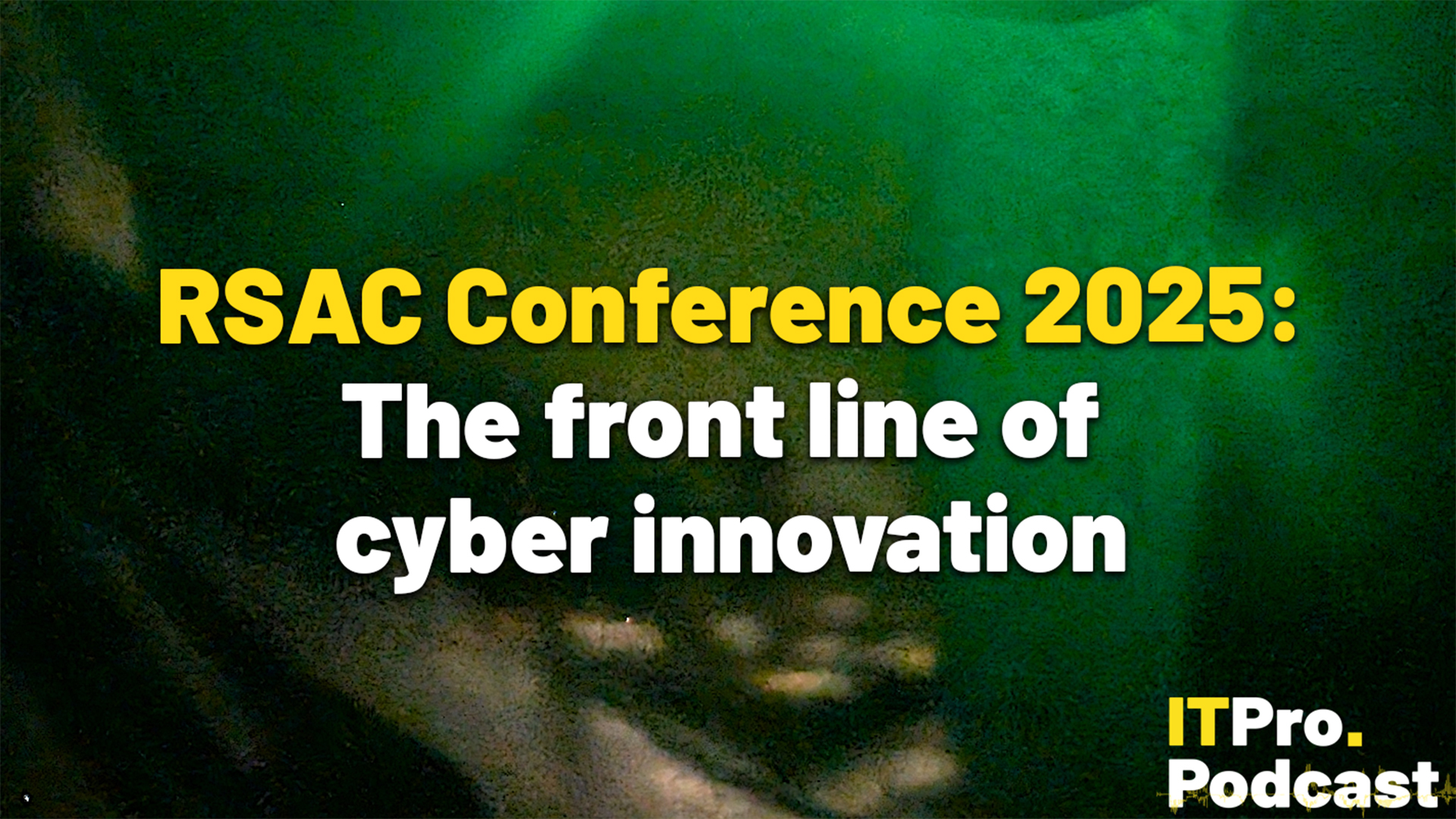 RSAC Conference 2025: The front line of cyber innovation
RSAC Conference 2025: The front line of cyber innovationITPro Podcast Ransomware, quantum computing, and an unsurprising focus on AI were highlights of this year's event
-
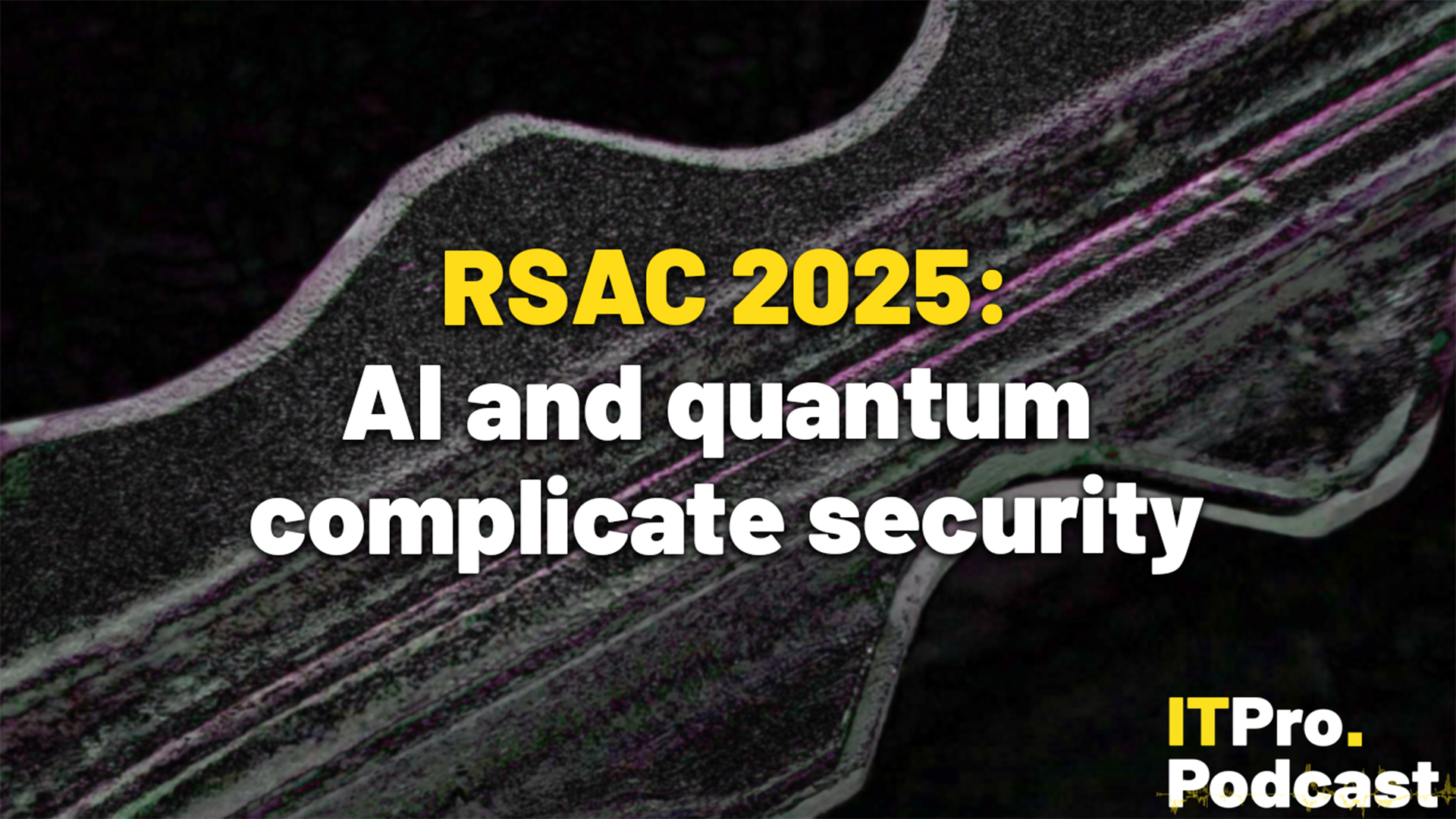 RSAC Conference 2025: AI and quantum complicate security
RSAC Conference 2025: AI and quantum complicate securityOrganizations are grappling with the complications of adopting AI for security
-
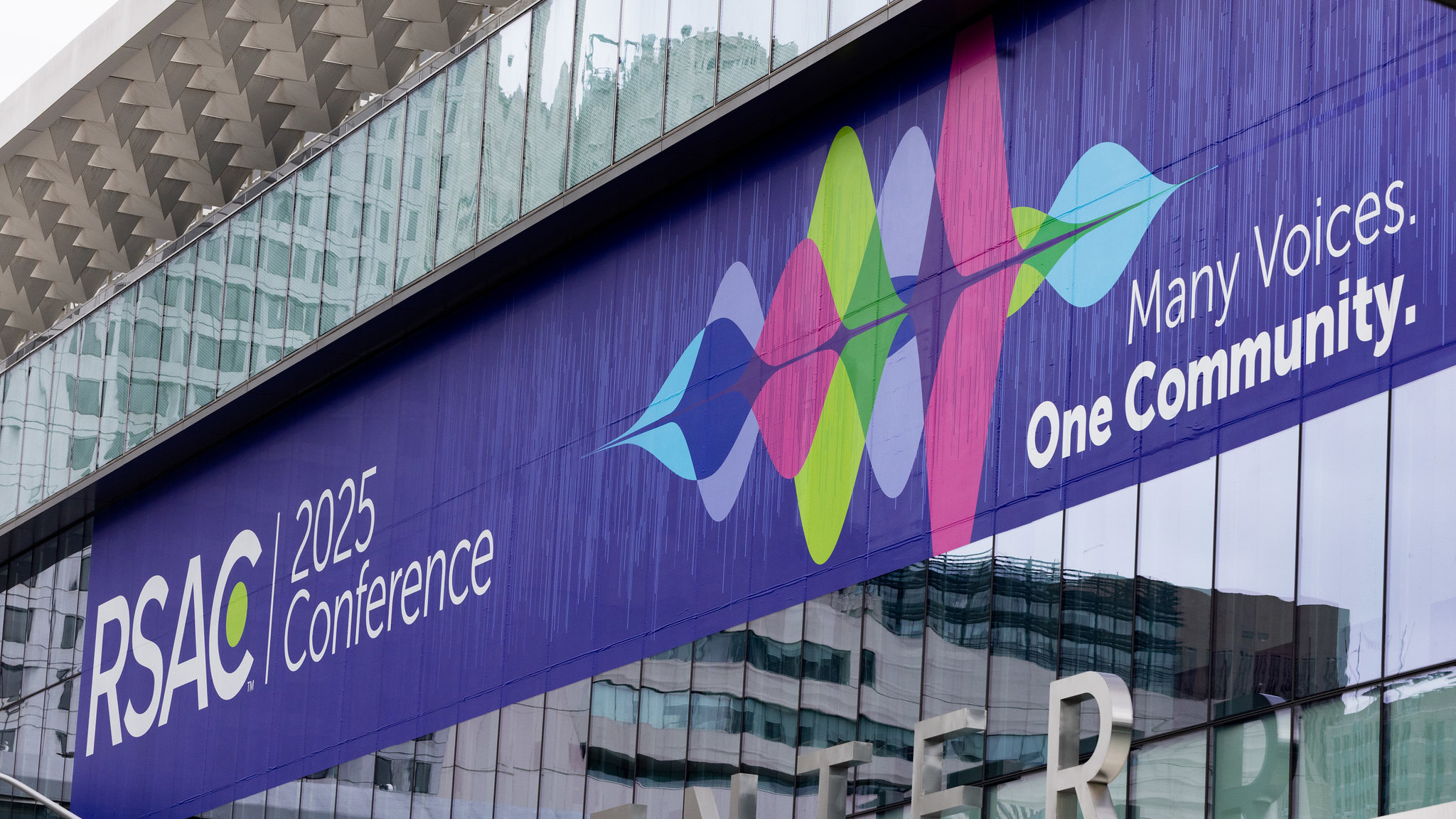 RSAC Conference 2025 was a sobering reminder of the challenges facing cybersecurity professionals
RSAC Conference 2025 was a sobering reminder of the challenges facing cybersecurity professionalsAnalysis Despite widespread optimism on how AI can help those in cybersecurity, it’s clear that the threat landscape is more complex than ever


